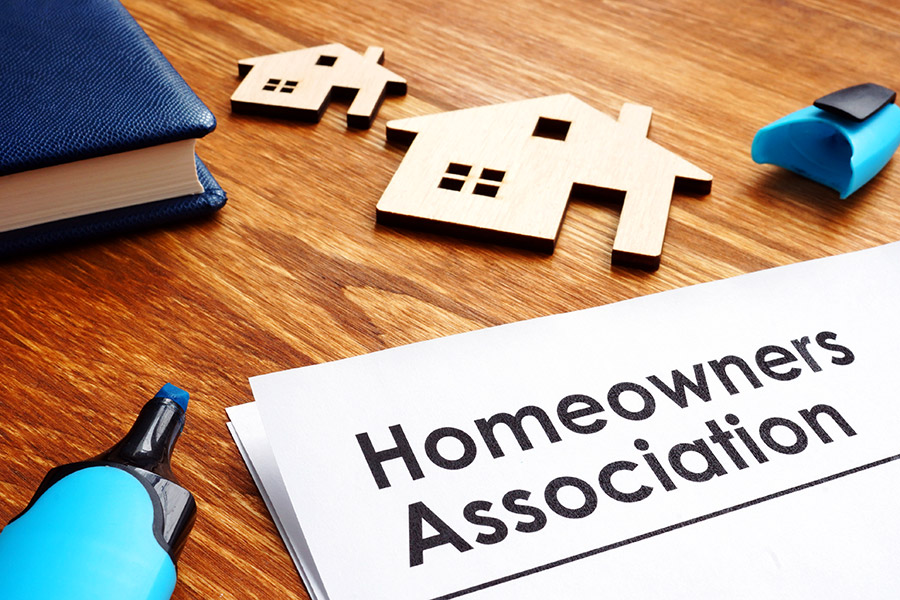
Every year, your HOA must create an annual HOA budget. This budget guides spending and how much you collect from residents. Making it accurate helps the community avoid potential problems. Use this article as your Tampa homeowners association management step-by-step guide to creating your annual HOA budget.
1. Determine Yearly Costs
The first step in creating an annual HOA budget is determining what the yearly costs are going to be. This is done by comparing per-unit dues and revenue from access to specific services against estimates of your expenses.
2. Find Vendors
Now that you have an accurate estimate of yearly costs, you can find vendors for goods or services. You can also “subcontract out” some items to non-HOA vendors.
3. Adjust for Inflation
The third step in creating an annual HOA budget is adjusting for inflation. Inflation refers to how much the cost of goods and services rise each year. To account for inflation, you need to raise your initial budget by at least 2%.
4. Adjust for Savings and Cost Increases
Increase your budget to account for savings and cost increases throughout the year. It is important to have additional unallocated money in the account in case things happen.
For example, severe weather can increase maintenance costs, which would come from the community’s savings. Similarly, vendors could increase their costs during the year. Having extra cash available to cover cost increases can prevent service interruptions.
5. Review the Budget with the Board
Meet with the HOA board to review the budget. Having multiple people who are in charge of running the community look over the budget can prevent problems later. This process may take time, so start early.
6. Review the Budget with the Community
You’ve completed the process of creating an annual HOA budget. Now, review it with the community before publishing the final document. Get feedback from community members. They may be able to help you find alternative vendors, or give you deeper insight into things happening in the community that is affected by the budget.
7. Get the Budget Approved
It’s time to publish the HOA annual budget. Notify the community of your budget and get it approved according to your HOA bylaws. Once it is approved, do not make changes unless absolutely necessary. It is a plan that should be set in stone unless something makes it impossible to stick to. For example, a vendor going out of business means you have to find another one. Keep your changes as close to the original as possible and get further approval if necessary.
8. Implement and Stick to the Budget
Implementing the annual HOA budget is the final step. Stick to it as best you can. It may be tempting to make changes to reduce costs and put money toward other priorities but avoid this.
Your budget is designed to get through the year without having to collect additional dues from residents or to cut services because of a lack of money. Keep your budget running smoothly so that you can avoid any potential problems, and avoid creating them with the changes that you make.
Creating budgets is just one part of Tampa association management. Contact Wise Property Management through our proposal request form for help running your Tampa HOA.